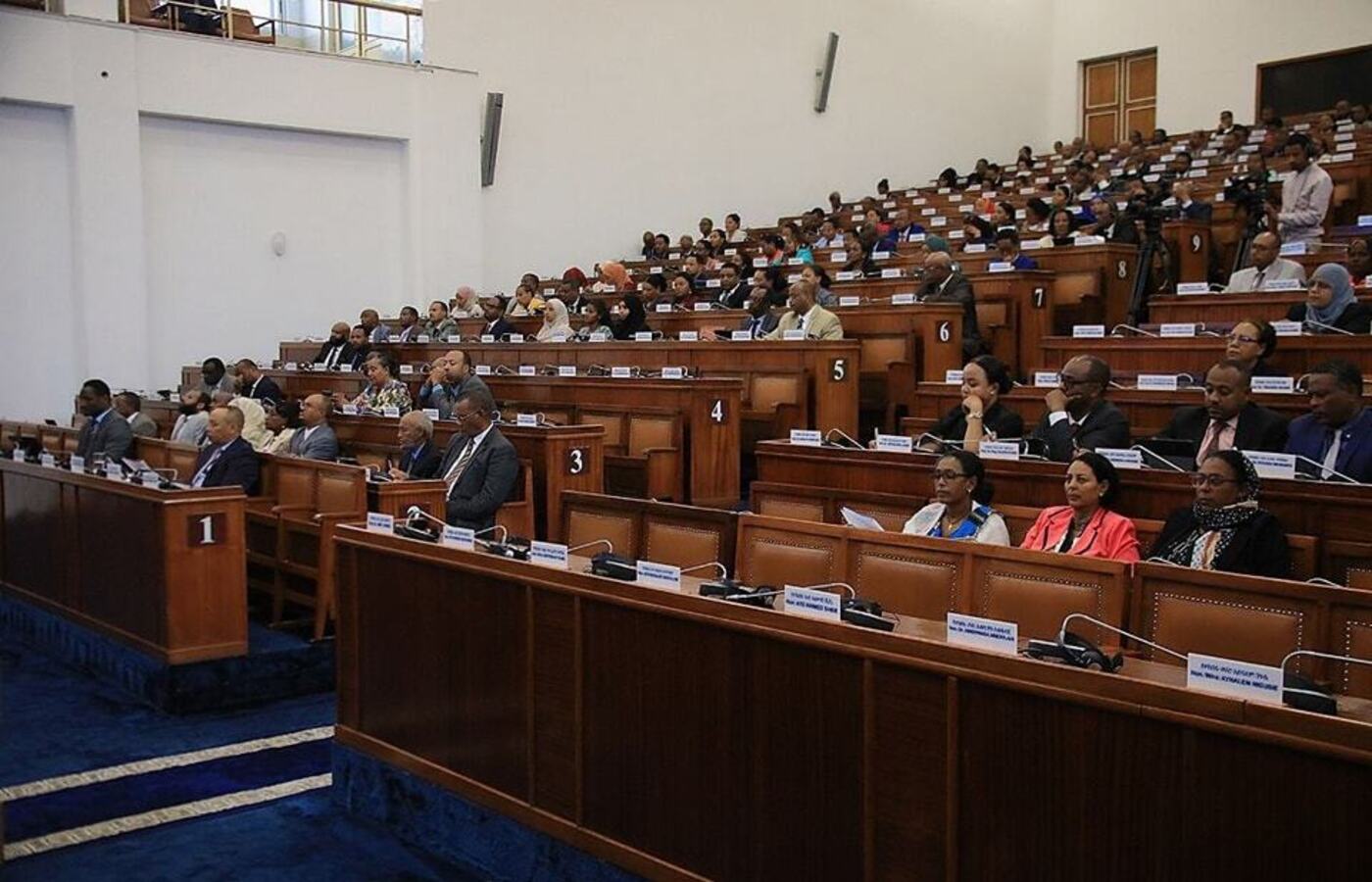Ethiopia to Impose 15% VAT, 15% Excise on Fuel and Introduce Vehicle Circulation Tax

The Ethiopian government is preparing to introduce a raft of new taxes on fuel and vehicles, including a 15 percent value-added tax (VAT), a 15 percent excise duty on fuel, and a separate motor vehicle circulation tax on fuel cars — measures officials say are necessary to increase revenue and modernise the tax system.
The Ministry of Finance has not formally disclosed when the new measures will take effect, but lawmakers were briefed on the plan earlier this week. The proposal comes as the government struggles to phase out a longstanding fuel subsidy regime that officials admit has become fiscally untenable.
Opposition figures were quick to criticise the plan, accusing the administration of Prime Minister Abiy Ahmed of sending mixed signals and burdening consumers already reeling from inflation and high living costs.
“On one hand, the government says it is subsidising fuel. On the other, it is imposing new taxes. Why don’t you just stop the subsidy and stop collecting the taxes?” Desalegn Chane (PhD), an opposition MP, said in a parliamentary session on Tuesday.
Ethiopia's fuel pricing system has been under review for several years. In mid-2022, the government began gradually reducing fuel subsidies, citing the need to contain public spending and reduce distortions in the energy market. Diesel and petrol prices surged by more than 50 percent since then.
The reform program, however, has faced ups and downs due to internal and external pressures. The government has opted to retain partial subsidies in the face of mounting inflation, which was officially recorded at 13 percent year-on-year as of May. Fuel imports remain one of the biggest drains on Ethiopia's foreign reserves.
Finance ministry officials say the new taxes are not a substitute for subsidy reforms but part of a broader fiscal consolidation strategy aimed at widening the domestic tax base. Ethiopia has one of the lowest tax-to-GDP ratios in Sub-Saharan Africa, standing at just under 10 percent according to World Bank estimates.
Ethiopia’s Finance Minister Ahmed Shide on Tuesday defended the government’s plan to introduce new taxes on fuel and motor vehicles, saying the country’s tax revenue is failing to keep pace with the growth of its economy and insisting the fuel levy would be used to continue subsidising retail fuel prices.
Speaking during a parliamentary session, Ahmed confirmed the government will impose a 15 percent value-added tax (VAT) and a 15 percent excise tax on fuel, alongside a new circulation tax on motor vehicles. He said the measures are necessary to strengthen public finances and reduce the budget deficit without eliminating subsidies altogether.
“The growth of tax revenue is not matching the growth of GDP,” Ahmed told lawmakers. “The fuel tax is not for profit — it will be used to sustain the fuel subsidy and reduce the burden on the treasury.”
Despite the backlash, some economists say the proposed taxes are inevitable. “The government is boxed in. Borrowing is limited, grants are shrinking, and printing money risks further inflation. Domestic revenue is the only lever they have left,” said a former central banker.

